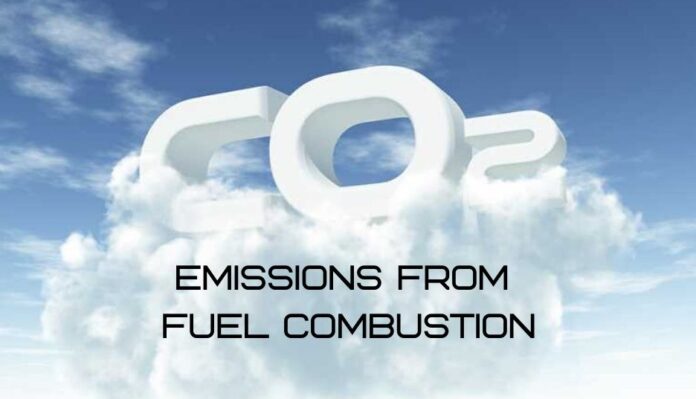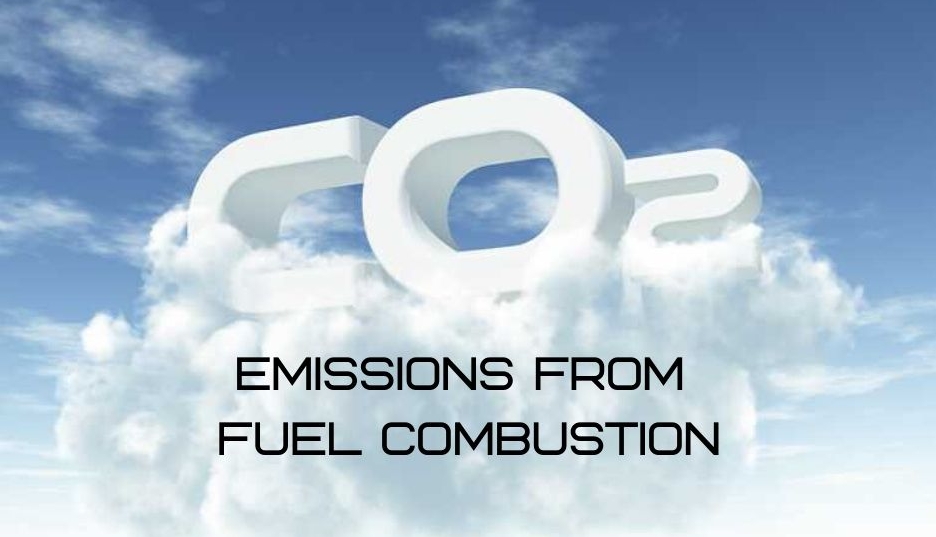
(www.MaritimeCyprus.com) Analysis shows that global energy-related CO2 emissions rose to an all-time high in 2018, underpinned by robust economic growth. This trajectory is far out of step with the early peak in emissions that scientific knowledge says will be essential to tackle climate change. Of course any effort to reduce emissions and meet climate objectives must fundamentally include the energy sector, as energy accounts for over two-thirds of total greenhouse gas emissions and more than 80% of CO2 emissions.
The increase in emissions that has taken place over the last two years underlines the critical importance of collecting reliable energy data and tracking CO2 emissions from fuel combustion – accurate and detailed data is ultimately the foundation of both analysis and policies that will shape the energy sector for decades to come.
To ensure this data is made available to policymakers and analysts alike, the IEA (INTERNATIONAL ENERGY AGENCY) works with countries around the world to improve the reporting of energy data and increase understanding of the energy sector in general.
Based on official energy data from more than 160 countries and regions worldwide, and internationally agreed IPCC (Intergovernmental Panel on Climate Change) methodologies, this publication represents the world’s most comprehensive set of estimates of CO2 emissions from fuel combustion by country for all sectors of the economy.
Click below to download highlights report from IEA:
Source: IEA














